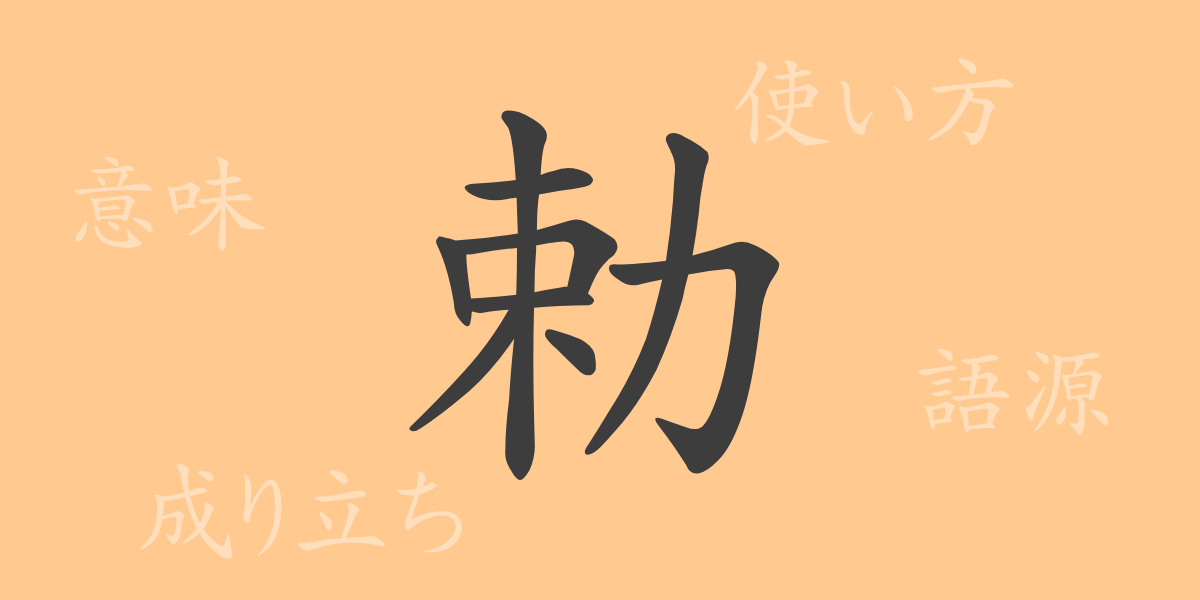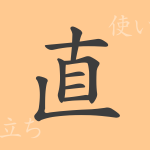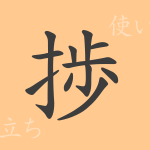The rich tapestry of Japanese characters deeply embeds in the culture, with each kanji bearing its unique history and significance. ‘勅(チョク)’ is one such character, integrally tied to the everyday life and governance of the Japanese people. This article explores the profound origins, meanings, and applications of ‘勅’, illuminating its unique allure within Japanese culture.
Origins of ‘勅(チョク)’
The kanji ‘勅’ originated in ancient China, used to denote the emperor’s commands or decrees. Its etymology combines ‘力 (power)’ and ‘口 (mouth)’, symbolizing ‘powerful words’ directly from the emperor. Over time, ‘勅’ transitioned into Japanese usage, adopting distinct meanings and applications specific to the Japanese context.
Meaning and Usage of ‘勅(チョク)’
In Japan, ‘勅’ primarily refers to commands or directives from the Emperor. Used in political documents under the Ritsuryo system, it denotes highly formal expressions, often reserved for direct imperial orders. Though not commonly used in everyday language today, it appears in legal and historical contexts.
Pronunciation, Stroke Count, and Radical of ‘勅(チョク)’
The character ‘勅’ may be challenging to remember due to its unique shape and meanings, but understanding its pronunciation and structure can aid memorization:
- Pronunciation: On’yomi is ‘チョク’, no Kun’yomi
- Stroke Count: 9 strokes in total
- Radical: ‘力’ (power)
Phrases, Idioms, and Proverbs Using ‘勅(チョク)’
The character ‘勅’ features in several idioms and phrases, often reflecting its authoritative connotations:
- 勅命(ちょくめい): A direct command from the Emperor.
- 勅許(ちょっきょ): An imperial permission.
- 勅語(ちょくご): A decree or message issued by the Emperor to the nation.
These terms are typically used in contexts related to the Emperor or the imperial family, reflecting their roles in Japanese history and culture.
Conclusion on ‘勅(チョク)’
While ‘勅’ is not frequently used in modern text, its significance in Japanese history and culture is undeniable. Symbolizing imperial authority and commands, ‘勅’ offers a glimpse into Japan’s unique political and cultural heritage. This article aims to provide readers with an understanding of the profound meanings and historical context behind the kanji ‘勅’.

























